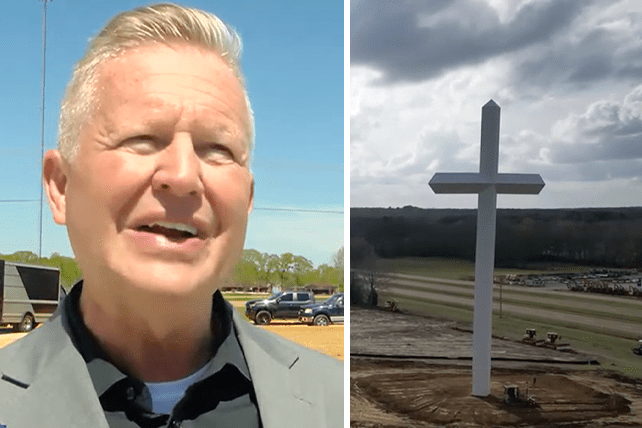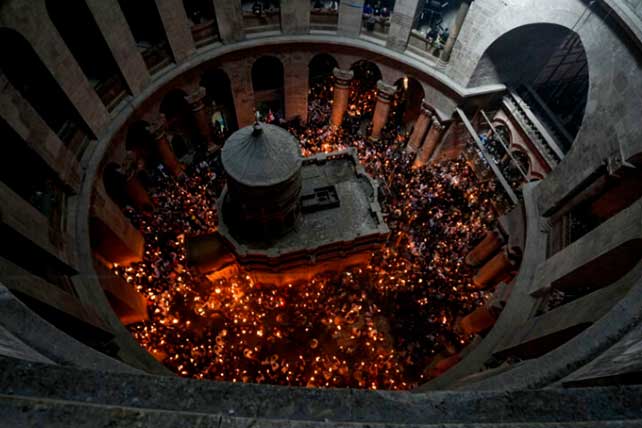In the intricate fabric of life, work is not just a necessity; it’s a profound expression of our purpose and a reflection of our dedication. The Bible, rich in wisdom and guidance, illuminates the path for those seeking to infuse their work with meaning and integrity. It teaches us to view our labor not just as a means to an end but as an act of worship and a way to serve a higher calling. This exploration into Bible verses on working offers a beacon of light for navigating the complexities of professional life, revealing how scripture can inspire a fulfilling and purpose-driven approach to work.
What Does Scripture Say About Working?
The Bible elevates work from a mundane necessity to a divine calling. Across its pages, work is depicted as an essential component of human dignity and a means to participate in God’s creation. Ephesians 4:28 and Colossians 3:23-24 serve as cornerstone teachings, emphasizing that our labor is ultimately an offering to God.
This divine perspective transforms how we view our daily tasks, encouraging us to work with joy, integrity, and purpose. By aligning our work ethic with biblical principles, we not only achieve professional success but also fulfill our spiritual calling.
A Good Bible Verse for Workers
“Whatever you do, work at it with all your heart, as working for the Lord, not for human masters.” – Colossians 3:23-24
This verse stands as a powerful reminder for workers everywhere. It calls us to approach our work with enthusiasm and commitment, not just as a duty to earthly employers but as a service to God. This perspective can profoundly transform our work experience, infusing our daily routines with a sense of purpose and dedication that transcends the mundane.
RELATED: The Wisdom of Work
God’s Guidance on Struggles in Work
Work is not without its challenges. From daily frustrations to overarching struggles, the workplace can be a source of significant stress and anxiety. However, the Bible offers comfort and perspective in these times.
Verses like James 1:2-4 encourage us to see trials as opportunities for growth, reminding us that perseverance through hardship can lead to spiritual maturity and inner peace. These scriptures teach us to face workplace challenges with faith and resilience, trusting in God’s plan and timing.
Scriptures on Working Efficiently
The Bible also speaks to the importance of efficiency and diligence in our work. Proverbs 13:4 highlights the value of hard work, contrasting the fulfillment of diligent labor with the unfulfilled desires of the lazy.
Similarly, Proverbs 14:23 underscores that diligent work leads to profit and advancement. These verses encourage us to work smartly and effectively, using our time and resources wisely to achieve the best outcomes.
Insights from Proverbs on Work
Proverbs is a treasure trove of wisdom on work and diligence. Proverbs 13:4 speaks to the soul of the diligent being made rich, both materially and spiritually, while the desires of the lazy come to nothing.
Proverbs 14:23 further elaborates on the rewards of hard work, emphasizing that in all labor there is profit. These teachings guide us towards a work ethic characterized by diligence, foresight, and integrity, promising not only material success but also personal growth and fulfillment.




























